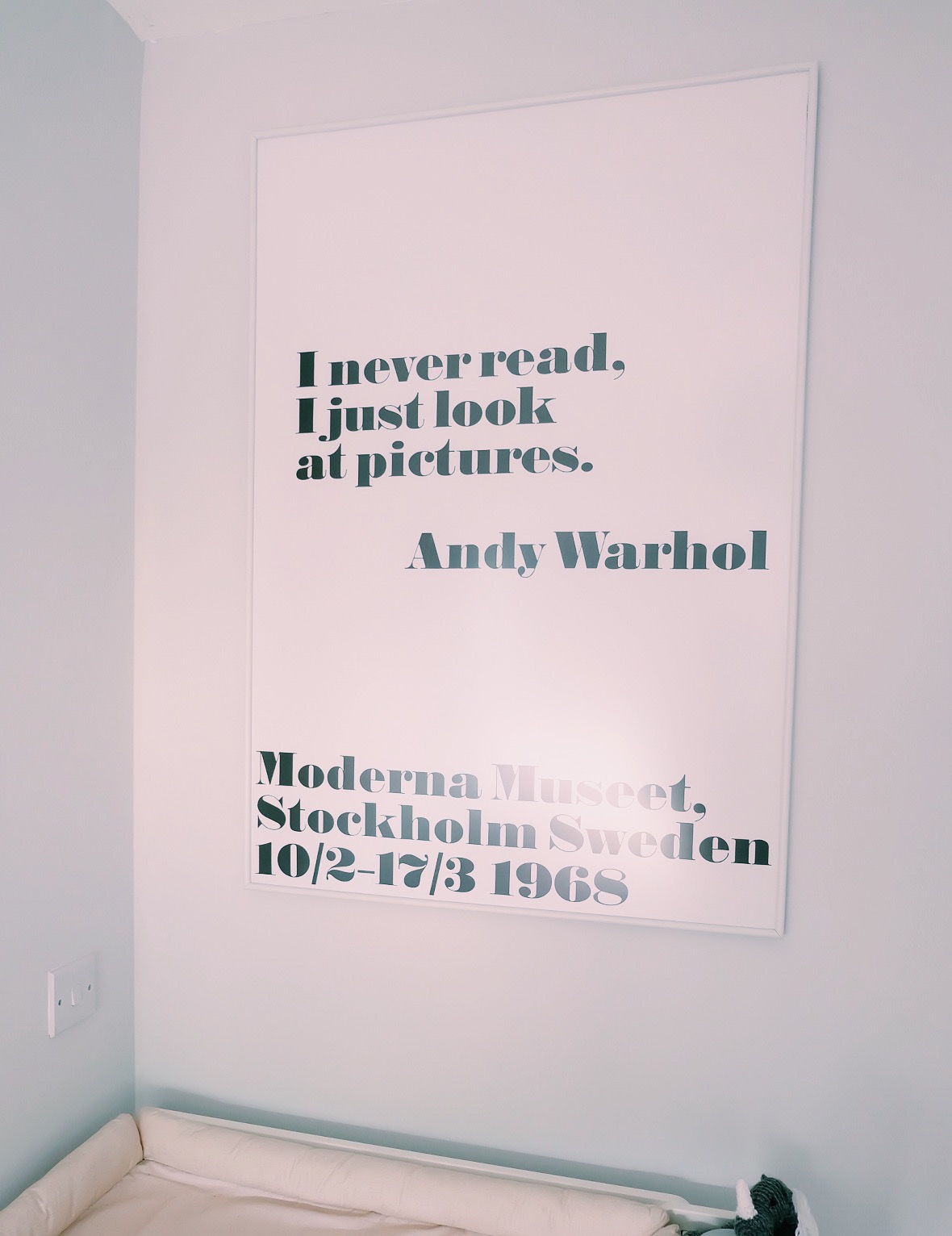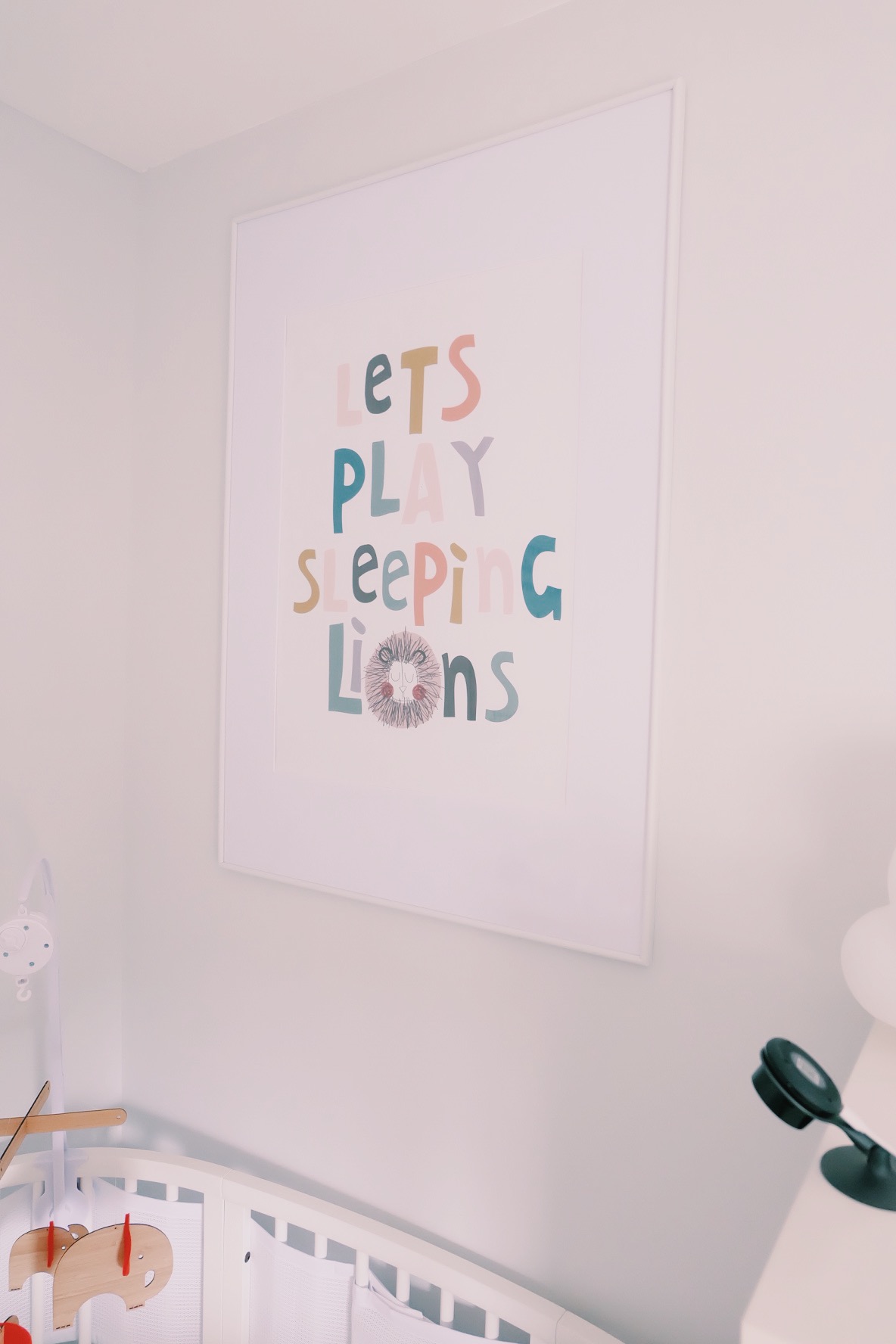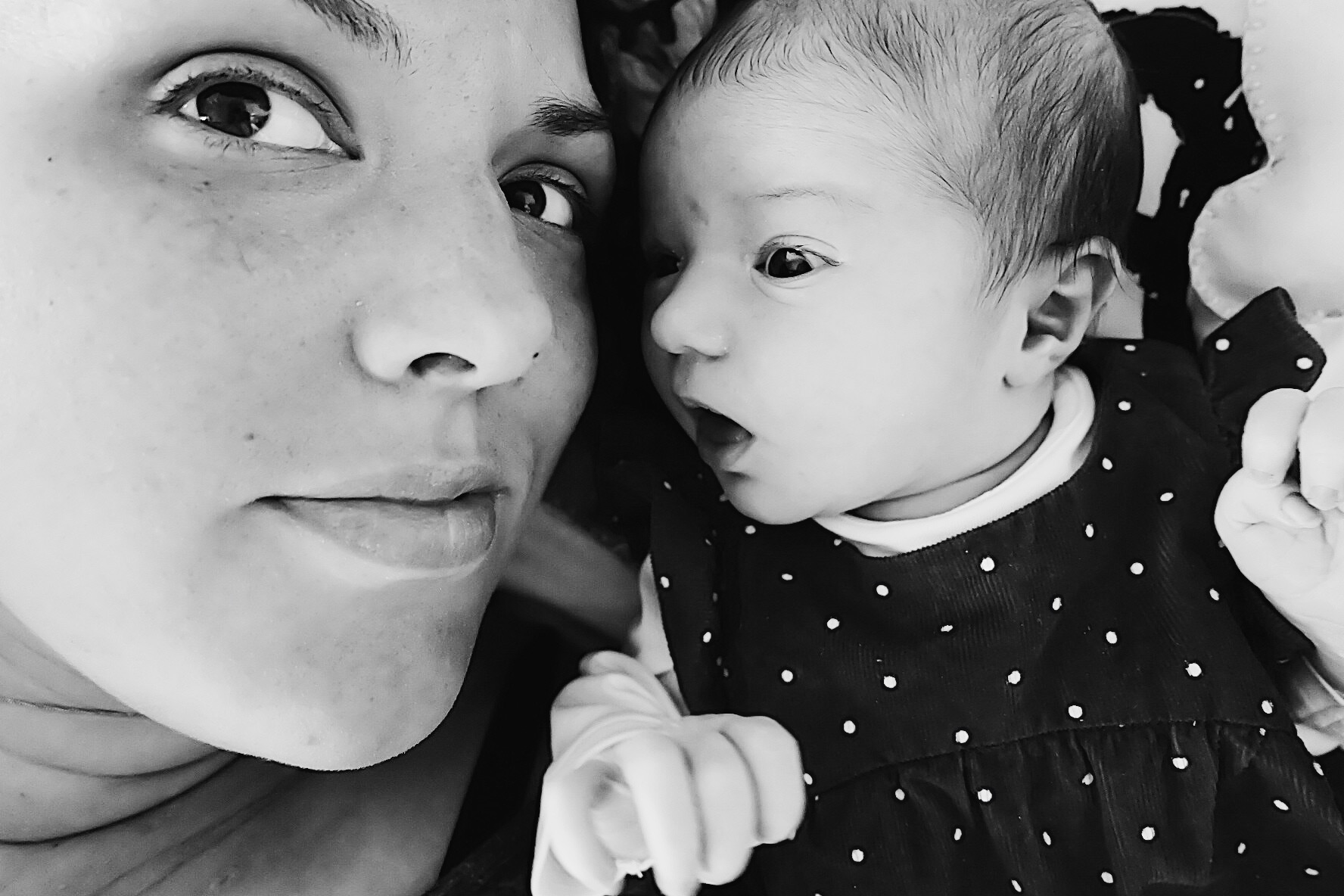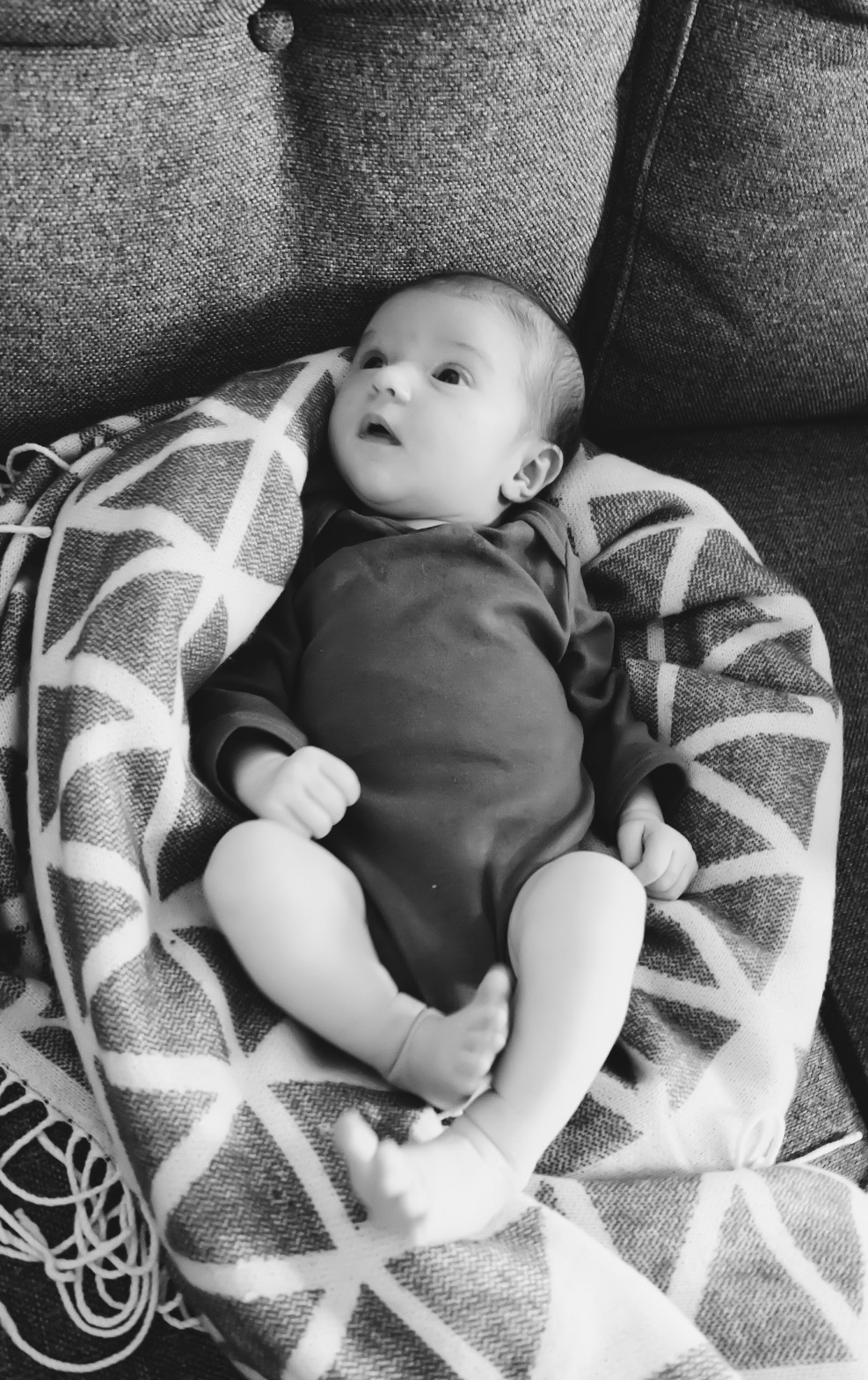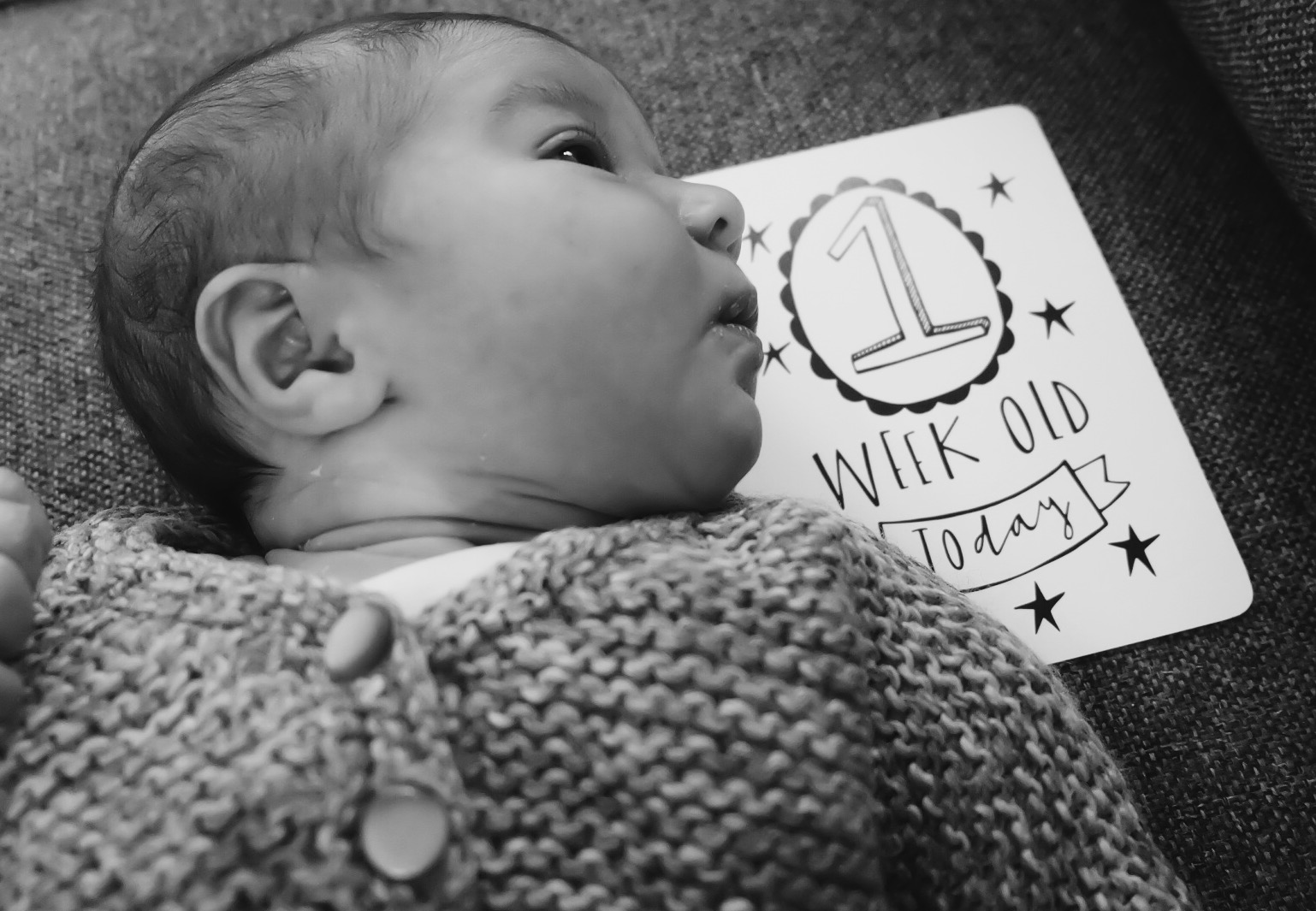I know it’s not a new book, but I just hadn’t read it. And now I have. And I can’t stop thinking about it. And talking about it (sorry to anyone who has heard me quote from it or exclaim “It’s really short! Read it! It will change everything!”).
‘Lean In’ by Sheryl Sandberg is the book I am talking about and the massive realisation I have made is this: gender inequality still exists. It is happening everyday and the shocking part is this: it has been happening to me and, it is so normalised, I just didn’t know. Shocking, right?
Well, not that shocking. I was very lucky: I was raised in a limitless environment. Everything was within our reach and control. I was raised by two parents who hadn’t been to university. I didn’t spend any of my education in paid for, private schools. When I completed my application forms for university and then my grants and fees, I was classed as an “access student”, meaning I was- by Oxford University’s definition- at a disadvantage. In my mind, there was no longer such a thing as class, because we could all be socially mobile. (Okay, let’s remember, I was a 17-year-old idealist). I remember asking my mum, when I was still in primary school “what class are we?” and my mum telling me that it just wasn’t something that was spoken about. She was socially mobile: raised in a council flat near Watford with no phone or TV, she went on to own her own home. Social mobility in action. Affirming, to my 17-year-old self, that there was no longer such a thing as class.
I was wrong. I was so, so wrong. I spent three pretty miserable years at Oxford University struggling to accept that the world as I thought it was- as I had been raised- wasn’t quite right. I was catapulted into a sea of class. Where the first question people asked you was whether you went to private or state school. Where there is a disproportionate number of privately educated students. Where, ‘coincidentally’, the state school students were all housed in the same block: the most rundown block, with the worst facilities and the smallest rooms. And I attended what was considered an “Access” college. When I tried to fight it through student democracy (suggesting tiered rents or term based room rotations), it was fought against. By the…ahem, “ruling class”. Yep, class most definitely still exists.
So, I’ve accepted that the world (or Britain at least), is still run by a ruling class. Okay, experienced that first hand, got over it, worked hard and built a career. However, recently I have been struggling at work with a couple of managers that I just can’t seem to click with. Hence the reason I brought a couple of business style books (which I usually avoid like the plague) for my holiday. ‘Lean In’ was one of them. And just like I had been in denial about class, I had also been in denial about gender inequality. I was always made to feel like it didn’t matter whether I was male or female: if I worked hard, it would be ok.
Three things happened that made me start to thing about this:
- I was invited to dinner with my mum’s friend who is the headmistress of a school. In attendance at the dinner was, strangely, a teacher from school (who insisted that we call him by his first name, but it just felt funny). At the dinner he told a story: one that either had been kept from me, or I had just completely forgotten. This teacher had coached the basketball team. My younger sister is a talented basketball player- one that played for the England team and the Cambridge University team. As a teenager though, she played with a boy’s team. The teacher told me a story about how he had gone to “bat” to keep Vicky in the team, after another team’s coach complained about her presence. This isn’t a million years ago- this is 2000 at the earliest- and there were grown men complaining about a (very good) girl on a team? Thank goodness there were teachers like this one to defend her presence on the team
- I listened to Barack Obama talking about gender equality in one of those “Trump versus Obama” films. Now, I love Barack Obama anyway. Loved him before I lived in America and I think they should increase the two term limitation on the US Presidency for this man. In this video, Barack Obama said:
“The idea that my daughters wouldn’t have the same opportunities as somebody’s sons. Well, that’s unacceptable. That’s not acceptable”
“We all have to be louder than the voices that are telling our girls they’re not good enough. That they’ve got to look a certain way, or they’ve got to act a certain way”
And my favourite
“Playing like a girl means you’re a badass” (this one is my favourite. I love that man.)
- I got a new manager. I’m not going to write too much about it on here, but it has certainly posed some challenges.
If you’re reading this and you don’t know me, know this: I am not some kind of strident bra-burner (there is a reason I haven’t used the word “feminist”). And the reason I am not, is probably because I just hadn’t connected that there was a problem. In my mind, if you worked hard and were good at your job, good things would happen. However, of course that’s not the case. How foolish of me. There is a reason why there are few female role models at work, and (as much as I hate to think about this one) a pay gap. Gender inequality is still very much a real thing.
So, just as I was wrong about class, I was wrong about gender. My idealism was merely a mask for something that is fundamentally part of the world we live in.
The book is 175 pages long, so I’m not going to tell you page by page what happens: you can read it in a few hours. Up until page 40 I was in agreement, but I wasn’t emphatic. Then I read this:
“When a woman excels at her job, both male and female co-workers will remark that he may be accomplishing a lot but is “not as well liked by her peers”. She is probably also “too aggressive”, “not a team player”, “a bit political”, “can’t be trusted” or “difficult”. At least, those are all things that has been said about me and almost every senior woman I know”
And there it was. In black and white. The comforting words I had been looking for. For nearly a year, I have been struggling with this shit. Now, before I write the next bit- please don’t misunderstand me- I know that we all have room to improve: whether it is technical skills or style or anything, there is room for improvement. However, this “feedback” has been given to me in such a way that it felt like it was inherent in myself. Like it was unfixable. Like I should just pack up and go. And, whilst I probably am a bit aggressive, or difficult, these certainly aren’t terms you would throw at a man for behaving like that. In addition, I struggled with some parts of it because they were just new news to me: I have always loved being part of a team at work and have tried hard to be a team player. Hearing this from my latest boss was such a shock, that I asked other peers from previous roles whether this was true. Was it just something I wasn’t getting? I also asked members of my current team- had I just misread… well, everything?
But this clicked for me. Of course there is stuff that I can improve upon, but this character assassination is not about generic attributes: they are about a woman exhibiting normal male attributes, and getting criticism for it. And, to quote my favourite president- “that’s not acceptable”.
The penny dropped. I could read every book under the sun about how to change myself and of course, there is relevance in that. However, what I need to contribute to changing is the status quo. Because, if I hadn’t clicked that this was happening to me, then sure a hell there is a whole load of guys out there not realising when they’re doing it.
I cannot recommend this book enough for women- and men- in the corporate environment. I have picked out just one part of it- but there is so much packed into the 175 pages, and much of it is how women can help ourselves: sit at the table, make your partner a real partner and a lot of great discussion on the “having it all” debate. Invest in it (it’s £6.29 on Amazon and totally worth it).
Oh- and the whole “Are you my mentor?” thing- I emphatically agree with. Some things just don’t need that defining.
Sheryl. Thank you. I am a feminist. And yes, I had avoided that term for all the reasons you outline in the book.
